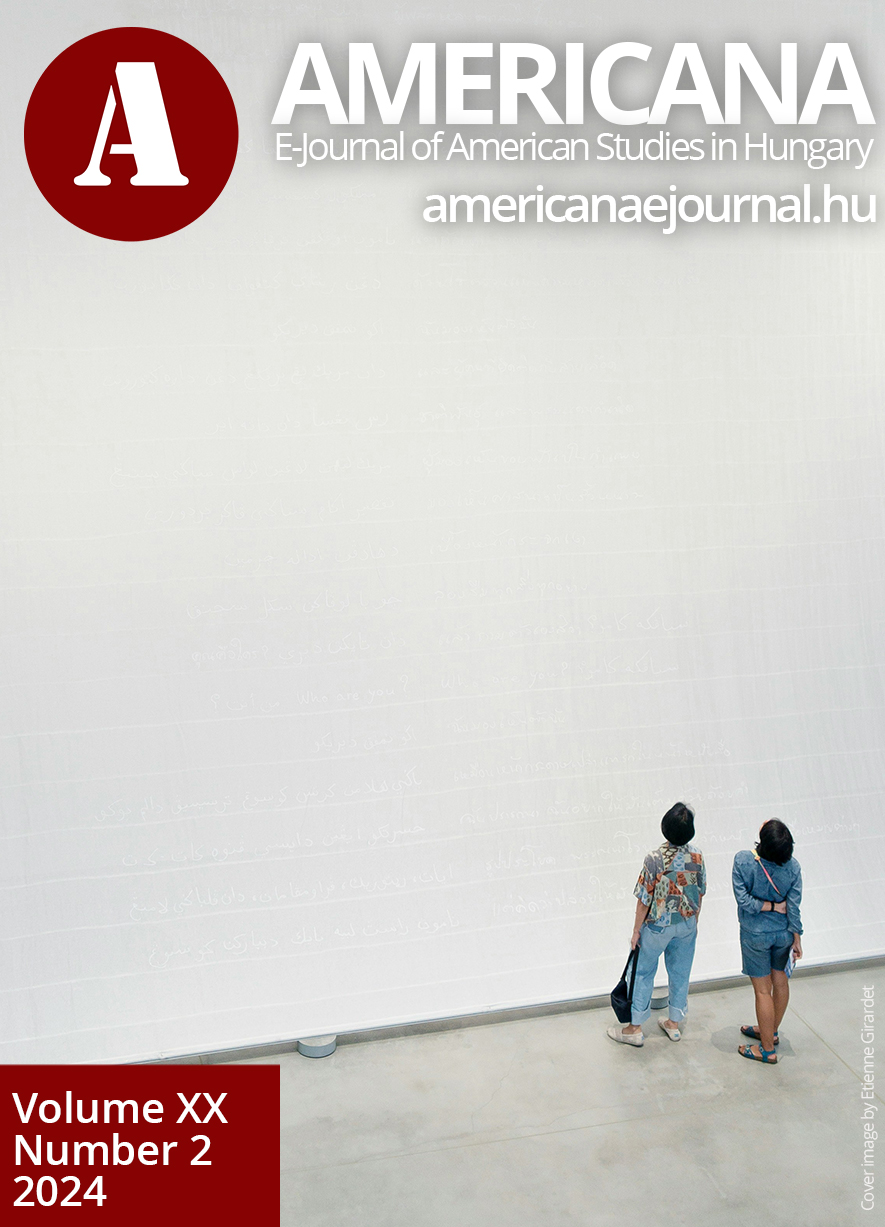The Crucible Project: Representing American Culture through Theatre in Education
Main Article Content
Abstract
Abstract
Drama pedagogy is proven to be an effective method in foreign language education. It can help the
teacher create realistic scenarios in which learners can use newly acquired language in an authentic and
creative way. It can facilitate the improvement of fluency as well as lexis knowledge, moreover, it offers
a chance for the learner to be familiarized with the target language’s culture, or any other literary or
cultural work (Dunn and Stinson 2011,622-623), (Even 2009, 162), (Rothwell 2011, 149). In 2023,
SzThEatre, a drama group consisting of future drama teachers, created a play titled "The Crucible" for
high school students about high school students. The English-language play is set in a detention room
that is also the set of the American classic "The Breakfast Club" (1985) and incorporates other typically
American elements such as student body elections and the allegory of the American dream. Despite the
title's reference to the famous American playwright Arthur Miller's work, the drama group intends to
use 'crucible' as a wordplay alluding to today’s society as a melting pot. The play addresses frequent
issues that occur in teenagers’ lives in any country, while creating a safe space by estranging the audience
through cultural differences. This allows students to process these life situations through drama
pedagogy while passively learning the language and becoming familiar with American culture.
Educational drama is one of the most widespread educational tools nowadays, since not only does it
allow learners to express themselves in a safe environment spontaneously and honestly, but their social,
critical, and moral values are also challenged. This genre is also an effective instrument for training the
students’ critical thinking skills, while also learning how to form a critical view of their surroundings
(Kaifa et. al 2020, 139-148). Visiting theatres and seeing plays has numerous educational benefits besides
entertainment, like creating a more deeply rooted need for theatre in the students (Roberts 1968, 309),
or teaching them sensitivity about good theatre including the play itself, the performance, and the
production. Educational theatre may also aid personal development by allowing learners to encounter
opinions different from theirs and helping them understand those ideas, or by motivating them to think
more creatively and autonomously (Hodge, 1954, 106–19).
Downloads
Article Details

This work is licensed under a Creative Commons Attribution-NonCommercial 4.0 International License.

